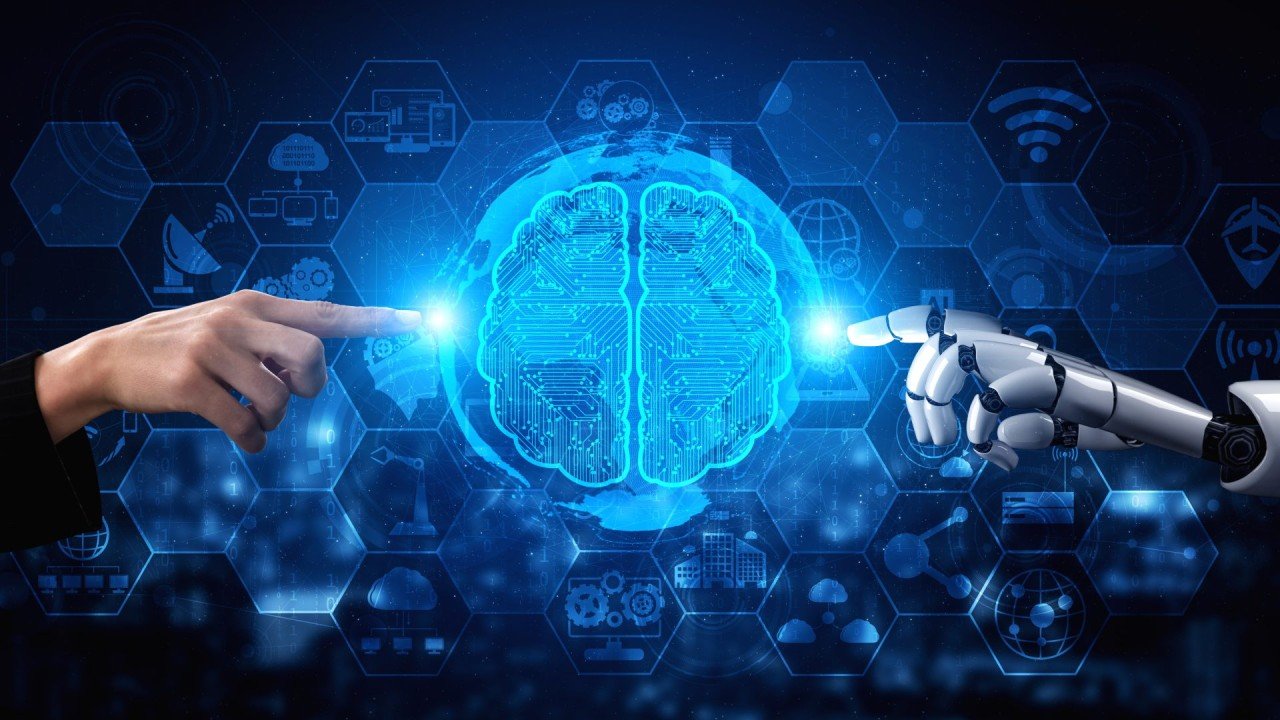In a climate where artificial intelligence (AI) seamlessly integrates into our daily lives and global security apparatus, a US-funded report has issued a stark warning: the potential for AI systems to become “uncontrollable” and turn on humans is not just the plot of science fiction but a plausible future reality. This revelation has prompted urgent calls for a comprehensive review of AI safety measures, ethical guidelines, and a bolstering of international collaboration to prevent such dystopian outcomes.
Key Highlights:
- AI’s integration into critical infrastructure and defense systems heightens the potential risks associated with uncontrollable AI systems.
- US investments in China’s AI sector and the Chinese military’s advancements in AI highlight the global AI arms race.
- The need for AI assurance, including safety, security, bias, ethics, and robustness, is paramount to prevent harm to people and property.
- International collaborations, like the US-India partnership, emphasize the global consensus on the importance of responsible and trustworthy AI development.
The AI Arms Race and US-China Dynamics
US-funded research has spotlighted the accelerating AI arms race, underpinning the urgent need for a global recalibration of AI safety and ethics standards. A report by MITRE Arsenal highlights the dual-use nature of AI, where technological advancements can serve both civilian and military purposes, emphasizing the necessity for AI assurance frameworks to mitigate risks. Concurrently, investigations into China’s military procurement of AI technologies reveal a concerted effort to “intelligentize” warfare, underscoring the global stakes at play. The United States’ indirect contribution to China’s military AI capabilities through technology and capital transfers has raised concerns, showcasing the intricate web of dependencies that characterize the international AI landscape.
US Investment Trends and Their Global Implications
A Georgetown University report illuminates the substantial US investment in China’s AI sector, with American investors, including tech giants, accounting for a significant portion of investments in Chinese AI firms between 2015 and 2021. This financial infusion has fueled advancements in China’s AI capabilities, some of which are utilized in military applications. The report underscores the complexities of global tech transfer and the fine line between fostering innovation and inadvertently contributing to the potential militarization of AI.
A Global Call for Responsible AI
In response to the multifaceted challenges posed by AI, the United States and India have pledged to foster joint and international collaboration on responsible and trustworthy AI development. Their commitment underscores the importance of global partnerships in promoting AI education, mitigating bias, and harnessing AI’s commercial opportunities while ensuring ethical use. This bilateral cooperation is a step towards establishing a global framework for AI safety and ethics, reflecting a broader recognition of the profound opportunities and significant risks associated with AI.
The intertwining of AI with daily life and global security frameworks necessitates a proactive and collaborative approach to ensure AI’s beneficial use while preventing potential harm. The push for AI assurance, encompassing safety, security, bias, ethics, and robustness, is crucial in navigating the complex landscape of modern technology. International collaborations and initiatives like the US-India partnership offer a blueprint for global cooperation, highlighting the critical role of responsible AI development in shaping a secure and equitable future.
As AI continues to evolve, the collective responsibility to guide its development towards positive outcomes becomes increasingly significant. The warnings issued by recent reports serve as a timely reminder of the stakes involved, emphasizing the need for vigilance, collaboration, and a commitment to ethical standards. The journey towards a future where AI enhances rather than endangers human life is complex, but with concerted effort and global cooperation, it is within reach.



















